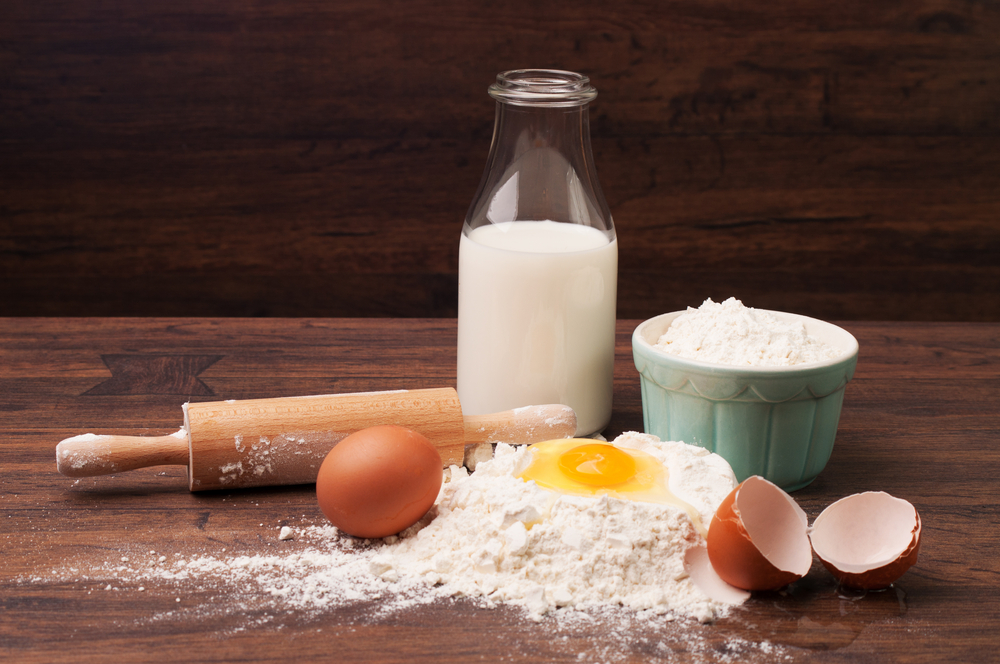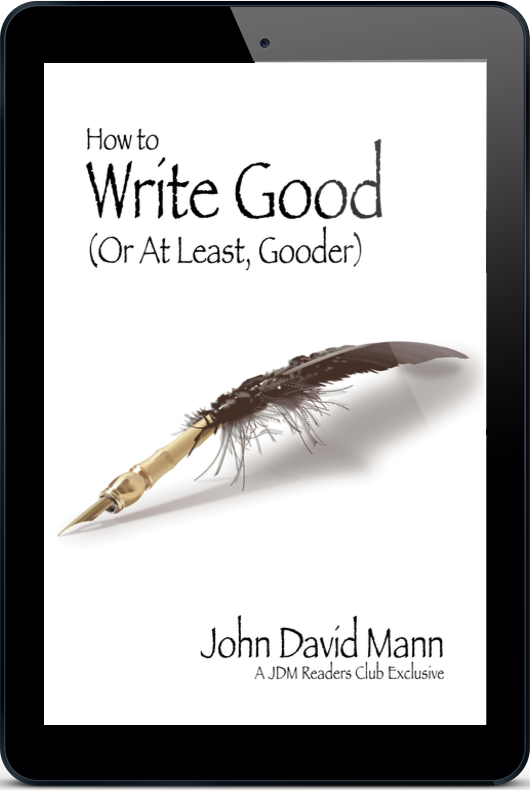My friend Charles Carroll is a world-class executive chef who has been part of eight Culinary Olympic teams and won more than eighty national and international awards. Nobody knows how recipes work better than Chef Charles.
But it doesn’t stop there: a popular speaker on championship thinking and personal greatness, Chef Charles also happens to have uniquely keen insights into the ingredients of what makes a successful life. Here’s what he says:
Milk, butter, sugar, flour, eggs. With just these five ingredients, you can make hundreds of different recipes … maybe thousands.
The exact same five ingredients can give you a dense biscuit or a light, fluffy croissant. Slightly vary the amounts, the order in which you add them, the method by which you handle them, or the baking temperature, and you can produce a myriad of different wonderful delights.
It’s much the same with life. We all have essentially the same kinds of challenges in our lives; how we handle them will dictate very different end results.
So what are the milk, butter, sugar, flour, and eggs of a life?
Or, let’s simplify that. Butter is made from milk. Sugar and flour are both starches. So let’s reduce the five to three:
Milk, flour, eggs.
Sigmund Freud was once asked what a normal person should be able to do well in order to lead a full and happy life. If the questioner expected a complex journey into the depths of the human psyche, he was disappointed, because the good doctor came back with a three-word reply: “Lieben und arbeiten.”
Love and work. Milk and flour.
Work isn’t just a way to earn money and thus pay your bills. It is that, but also more. Work is how you make an impact on the world. Your work is how the world becomes different as a result of your being here. Your work is your footprint, the evidence that you were here, the reason you matter.
In a word, your purpose.
And love? Love is what makes mattering matter.
You have oxygen, you have hydrogen, two uninteresting gasses. Add the ingredient of attraction, interaction, and mutual devotion, and suddenly you have H20. Mist, clouds, rain, icicles, oceans, rivers, fog, life, humanity … all manifestations of water.
As Lao Tzu says, the highest good is like water. But really it’s more than that: the highest good is water.
Two boring gasses, suddenly and miraculously animated into something amazing. Love.
Lieben und arbeiten, milk and love.
But there’s still the eggs. Because just milk and flour alone doesn’t do it. You need a third ingredient to turn events and circumstances into a meaningful, satisfying, thrilling life. A third dimension.
I’m thinking, maybe that crucial third ingredient is trouble.
The word trouble has the same roots as the word turbid, and they both derive from the Latin turbidus, meaning “muddy or full of confusion.”
Water in itself doesn’t do much until you stir it up, muddle it, give it trouble.
One of the most destructive effects of troubling times is that, beyond the painful emotions they bring up, they also throw us off course by muddying the waters of our lives.
The central difference between those who are able to thrive through troubles and those who are beaten down and embittered by them is that the first group are able to extract positive meaning from the painful events or circumstances. To see through the muddy waters.
Without the turbulence, would you ever extract the meaning?
Deeper happiness often arises as the direct result of having experienced hard times and found a way through to the other side. As Emma Thompson said, in that lovely quote I mentioned a few weeks ago, “Human beings who have suffered … are kinder.” Perhaps because they’ve been pushed into extracting more meaning.
The word character, from an old Greek word for scrape or scratch, originally meant “an engraved mark” and only centuries later took its current sense of “a defining quality.”
Character (as Bob Burg and I wrote in It’s Not About You), is what happens when life scratches itself onto your soul.
Trouble shapes you; it tends to carve furrows of compassion, understanding, and generosity of spirit. Times of greater pain and difficulty cut deeper grooves, which hurts; the plus side is, those grooves seem to allow more life in.
Work. Love. Trouble.
Here’s to a delicious life.


